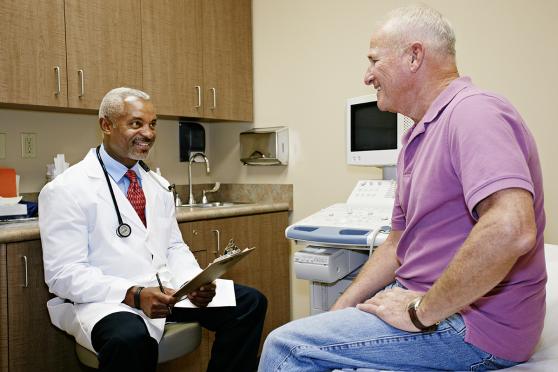Individuals and families
The widest choice for quality care in the region
Individuals and families
Employers
Comprehensive plans for every business size and budget
Employers
Find doctors and hospitals
Find a particular provider, specialist, hospital, or specialty facility
Find doctors and hospitals
Prescription drug information
Understand and maximize your prescription drug benefits
Prescription drug information
Behavioral health
Find and explore the tools and services to support your behavioral health
Behavioral health
Health and wellness
Learn ways to stay healthy with IBX's benefits, programs, and rewards
Health and wellness
Nothing here!
IBX Insights
Nothing here!
IBX Get Good Living
For employers
Convenient online resources and services for our groups
For employers
For brokers
Everything you need to sell Independence Blue Cross
For brokers
For providers
Tools to help you do business
For providers
For members
Handy tools and resources for members
For members
Good Living: Expert health advice and lifestyle tips for a better you

























